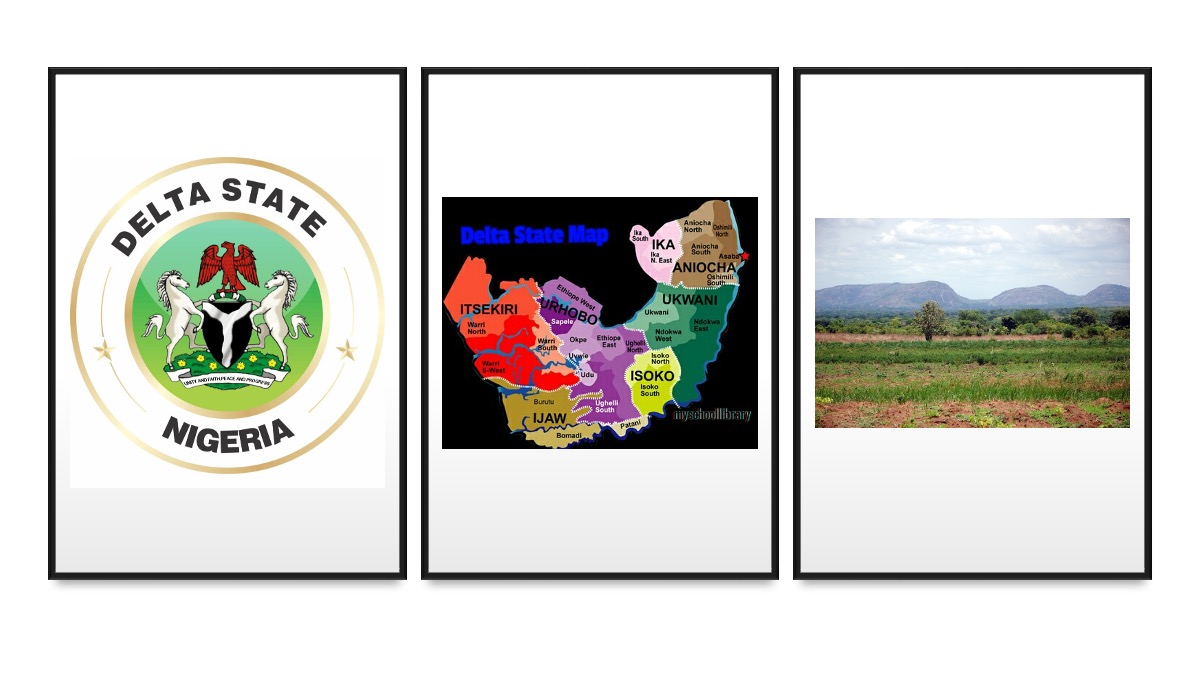Seplat Energy Plc, a leading player in Nigeria’s oil and gas sector, finds itself at the center of controversy as a land dispute in Delta State has sparked public outcry. The issue has not only raised questions about the company’s operational practices but also cast a spotlight on its leadership’s handling of community relations.
The Controversy: A Closer Look
At the heart of the dispute is an ongoing disagreement between Seplat Energy and local communities in Delta State over land usage for oil exploration and production. The affected communities allege that Seplat has failed to honor agreements regarding land compensation and environmental restoration.
Key grievances include:
- Unresolved Compensation Issues: Locals claim that compensation for land acquired by Seplat has been delayed or inadequately distributed.
- Environmental Impact: Reports of pollution affecting farmland and water sources have fueled tensions, with accusations that Seplat has not adhered to agreed-upon mitigation measures.
- Lack of Community Engagement: Critics argue that the company has not sufficiently engaged with stakeholders to address their concerns.
Community Protests Escalate
Public demonstrations have erupted in several parts of Delta State, with residents demanding swift action from Seplat. Protesters have called for:
- Immediate Payment of Compensation: Transparent and fair compensation for landowners.
- Environmental Clean-Up: Addressing oil spills and restoring polluted lands and water bodies.
- Stakeholder Engagement: A structured dialogue between Seplat and community leaders to resolve disputes amicably.
These protests have gained national attention, putting additional pressure on the company’s leadership to act decisively.
Seplat’s Response
In response to the outcry, Seplat Energy issued a statement acknowledging the concerns and reaffirming its commitment to resolving the issues through dialogue. The company highlighted its investments in corporate social responsibility (CSR) initiatives, including education, healthcare, and infrastructure development in Delta State.
However, critics argue that these efforts have not addressed the core issues of land rights and environmental degradation, leaving the leadership under increased scrutiny.
Leadership and Governance Under Question
The controversy has drawn attention to Seplat’s leadership and governance practices, raising questions about its commitment to community relations and sustainable development. Key concerns include:
- Transparency and Accountability: Activists and community leaders have called for greater transparency in Seplat’s dealings with local communities.
- Corporate Governance: Observers are urging Seplat’s board to take a more active role in overseeing community engagement and dispute resolution.
- Sustainability Practices: Environmental groups have criticized the company for insufficient adherence to sustainability standards, particularly in oil exploration and production.
Industry Implications
Seplat’s troubles come at a time when the Nigerian oil and gas sector is under intense scrutiny for its environmental and social impact. The land dispute highlights broader challenges facing the industry, including:
- Community Relations: Oil companies are increasingly being held accountable for their impact on host communities.
- Regulatory Compliance: Stricter enforcement of environmental and land-use regulations is expected in response to such disputes.
- Investor Confidence: Prolonged conflicts could affect investor confidence, particularly as ESG (Environmental, Social, and Governance) considerations gain prominence.
What’s Next for Seplat?
To restore its reputation and resolve the crisis, Seplat must take concrete steps, including:
- Engaging Stakeholders: Initiating open and transparent dialogues with community leaders and local governments.
- Fulfilling Compensation Commitments: Ensuring that all affected landowners are fairly compensated without delay.
- Enhancing Environmental Practices: Accelerating clean-up efforts and adopting more sustainable operational methods.
- Strengthening CSR Initiatives: Redirecting resources to address the immediate needs of the affected communities.
Expert Opinions
Industry analysts believe that how Seplat handles this dispute will set a precedent for other oil and gas companies operating in Nigeria. A proactive approach that prioritizes community welfare could not only resolve the current crisis but also enhance Seplat’s standing as a responsible corporate citizen.
Conclusion
The Delta State land dispute presents a critical test for Seplat Energy’s leadership. As public scrutiny intensifies, the company’s ability to navigate this crisis with transparency, accountability, and a commitment to community engagement will be crucial. Seplat’s response to this challenge could redefine its relationship with host communities and influence its long-term sustainability in Nigeria’s oil and gas sector.
